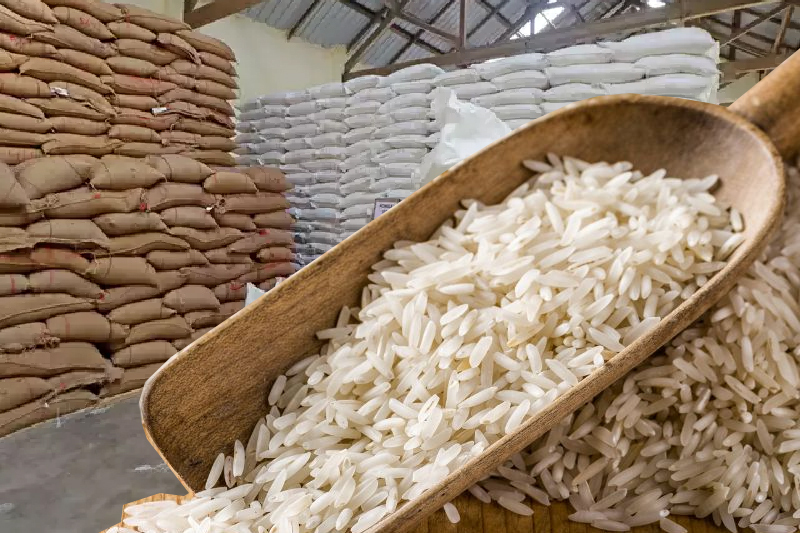
Why is India Strategically Allocating Non-Basmati Rice to 5 African Nations?
In a pivotal move to enhance diplomatic ties and alleviate food scarcity concerns, the government has sanctioned the export of non-basmati rice to five strategically significant African nations. This decision, implemented through the National Cooperatives Exports Limited (NCEL), marks a significant shift in trade policies, overriding previous restrictions.
Opening New Avenues
The recent government announcement permits the export of 240,000 tones of non-basmati rice to Comoros, Madagascar, Equatorial Guinea, Kenya, and Egypt. According to the Directorate General of Foreign Trade (DGFT), the allocated quantities are as follows: Comoros (20,000 tonnes), Madagascar (50,000 tonnes), Equatorial Guinea (10,000 tonnes), Kenya (100,000 tonnes), and Egypt (60,000 tonnes).
Addressing Impact on Strategic Partners
The export restrictions imposed earlier on essential food items, particularly rice and wheat, had inadvertently affected food availability in countries considered strategic partners. This move to allow exports aims to mitigate the impact and ensure a stable and reliable supply chain.
India, recognizing its role as a key supplier of rice to both Asian and African nations, has navigated the challenges imposed by the export bans on broken variety and non-basmati white rice, instituted in September 2022 and July 2023, respectively.
Strategic Export Allocations
The strategic allocation of non-basmati rice underscores the diplomatic significance of this decision. Comoros, Madagascar, Equatorial Guinea, Kenya, and Egypt, positioned across different regions of Africa, now stand to benefit from India’s agricultural export prowess.
Recent Export Clearances
In recent months, India has also facilitated the export of 2.77 million tonnes (mt) of non-basmati white rice to 14 key Asian and African nations. Notable recipients include Singapore, Nepal, Malaysia, and the Philippines. Expanding beyond rice, India has authorized the export of 14,184 tonnes of wheat, 5,326 tonnes of atta, 15,226 tonnes of maida, and 48,804 tonnes of broken rice to Bhutan.
Keep Reading
Simultaneously, on November 30, India granted permission for the export of broken rice to Mali (100,000 tonnes), Senegal (500,000 tonnes), Gambia (50,000 tonnes), and Indonesia (200,000 tonnes). The diversified export portfolio aims to cater to the varied dietary needs and preferences of recipient nations.
Addressing Past Restrictions
India’s imposition of bans on wheat and its derivatives, such as atta, suji (semolina), and maida in May 2022, along with the ban on broken rice in September of the same year, was a response to higher inflationary pressure and the escalating cost of food items.
The ban on exports of non-basmati white rice in July this year, coupled with a 20% export duty on parboiled rice and the establishment of a minimum export price of $1,200 per tonne for basmati rice in August, was a strategic effort to stabilize domestic prices and prioritize domestic consumption.
Navigating Food Scarcity Challenges
Amid the global challenges posed by food scarcity and rising prices, India’s recent decisions underscore its commitment to addressing diplomatic and humanitarian concerns. By judiciously navigating the delicate balance between domestic needs and global commitments, India aims to fortify its role as a responsible global player.
In conclusion, the government’s decision to permit non-basmati rice exports to Comoros, Madagascar, Equatorial Guinea, Kenya, and Egypt is a testament to India’s diplomatic and trade acumen. This strategic move not only fosters international relations but also contributes to global food security, positioning India as a reliable partner on the world stage.




